How to Rent
As a tenant you have legal responsibilities to look after the property you are living in as well as paying your rent. You also have more and more legal rights which landlords and letting agents have to adhere to. Below are just some of the rights and we put this on our website in order to give you somewhere to check, not just the performance of our lettings team but also to allow tenants to check if their current agent or landlord is living up to their legal responsibilities!
Deposits
Your deposit must be kept in one of the government approved schemes. We use the Deposit Protection Scheme Custodial Scheme, as we believe this is the safest and most transparent way of holding this. There are other schemes available which are insurance backed. These rely on the agent or the landlord paying the annual insurance premium and we would suggest that you check annually that this protection is still in place.
How To Rent Guide
This must be given to you at the commencement of your tenancy at the latest and must be the latest edition. Check that you have received this document and read it as it has useful information.
Energy Performance Certificate
The property you live in must have had an in date EPC at the time that you moved into the property, you should also have been given either a fully colour paper copy or emailed the certificate (a link to a website is not sufficient)
Legionella Risk Assessment
This is now a legal requirement, although there is no legally defined manner in which this should be done, other than it being done by a ‘competent’ person. However, fundamentally in a domestic premises, as long as any water heating appliances are well maintained and any hot water is stored at higher than 50 degrees centigrade, there is little more that a landlord can do.
You as a tenant should ensure that any taps and in particular shower heads are kept clean and no build up of limescale is allowed to happen. If the property has been left empty for some time (say a fortnight's holiday) it is recommended that the water system is flushed out by running the taps in order to empty any water storage facilities in the property.
Inventory or Statement of Condition
This document is used to record the condition of the property when you move in and will be used as the starting point to check the property for condition at the end of your tenancy. You are allowed fair wear and tear (although unfortunately there is no useful legal definition of this) but you must leave the property as close as possible to the condition which you found it in. This should be clearly recorded in this document and you should be provided with and keep your own copy.
Quiet Enjoyment
This means that you as the tenant should not be harassed by your landlord. Your landlord or agent does not have the right to enter your home without reasonable notice (except in the case of emergency) and any management visits should be of a reasonable gap between. The industry norm for this is generally a visit every three months and should only really be more often than this in particular circumstances.
Responsibilities
The above list is not a comprehensive list and further information can be found in places such as your local council housing team, Citizens Advice Bureau or Shelter. However it would be remiss to talk about the above without also mentioning some of the responsibilities you have to your landlord. These are not onerous but if considered, will help the tenancy to run smoothly.
- Keep the property clean and tidy inside and out. Clean your property weekly, this will ensure that the carpets are kept clean, bathrooms will be less likely to turn mouldy and by keeping the garden cut back and free of rubbish will help to maintain a good relationship with your neighbours
- Pay your rent on time and in full. This ensures a level of trust develops between you and the landlord, meaning that if there are any issues with payment in the future, hopefully a reasonable solution can be agreed.
- Inform your landlord or agent of any maintenance issues in good time (this can be done with us via our website). This helps to ensure a minor issue does not develop into a much larger one.
- Respond to requests to visit from your landlord or agent, if it is not convenient to you for them to visit when they request, contact them and arrange a mutually beneficial time, however, this does not mean it has to be at evenings or a weekend, just a reasonable time that all parties can work to.
When both parties work together in a mutually trusting way, with response to reasonable requests from either side responded to in good time, then in our experience, a tenancy tends to run smoothly and with the least amount of aggravation or disappointment for both parties.

